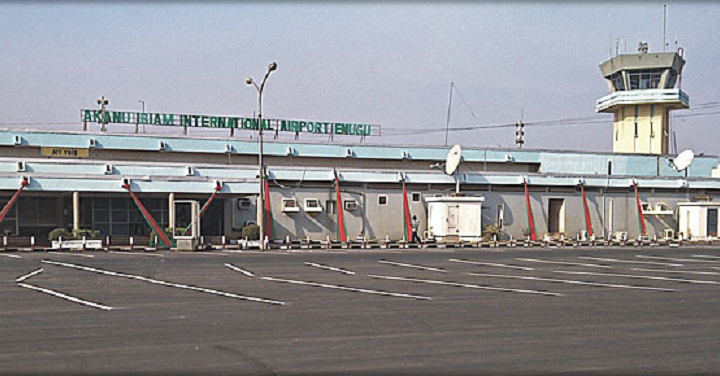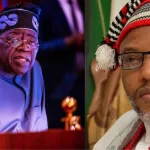The United Kingdom has asked for clarification from Nigeria on the circumstances surrounding the arrest of leader of the Indigenous People of Biafra (IPOB), Nnamdi Kanu.
The IPOB leader, who holds British citizenship, was arrested in June and extradited to Nigeria to face trial for treasonable felony.
Join our WhatsApp ChannelFollowing Kanu’s arrest, the federal government never came clear on where he was arrested, but the brother Kingsley Kanu, alleged that the Biafra agitator was arrested in Kenya and “handed over to Nigerian authorities who then flew him to Nigeria”.
However, the Kenya government has since denied the claim that Kanu was arrested and extradited from the country to Nigeria.
Tariq Ahmad, junior minister at Britain’s foreign office, was quoted by Reuters as saying the UK wants Nigeria to explain how Kanu was arrested.
“We are seeking clarification from the Nigerian government about the circumstances of the arrest and detention of Nnamdi Kanu,” he said.
Ahmad also disclosed that Britain had requested consular access to Kanu and stands ready to provide consular assistance.
Kanu’s first arrest was in October 14, 2015, following years of his campaign for the sovereign state of Biafra.
He was granted bail in April 2017 but fled Nigeria later that year after soldiers invaded his residence in Abia state during a military clampdown on IPOB members.
He has been outside the country since his escape and has been running the affairs of IPOB from abroad.
The federal government had immediately after his re-arrest taken him to the federal high court in Abuja where a judge granted the Department of State Services (DSS) order to remand him in their custody until July 26 when his trial will resume.















![Trump, Zelenskyy Discuss Peace Plans During Pope Francis’ Funeral In Rome [VIDEO]](https://www.primebusiness.africa/wp-content/uploads/2025/04/Trump-and-Zelenksy-meet-at-Pope-Francis-Burial-150x150.jpeg)



Follow Us